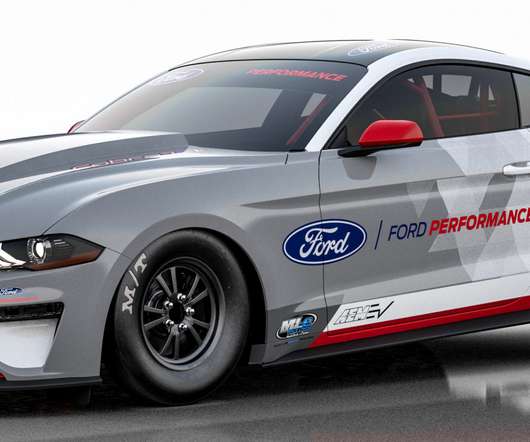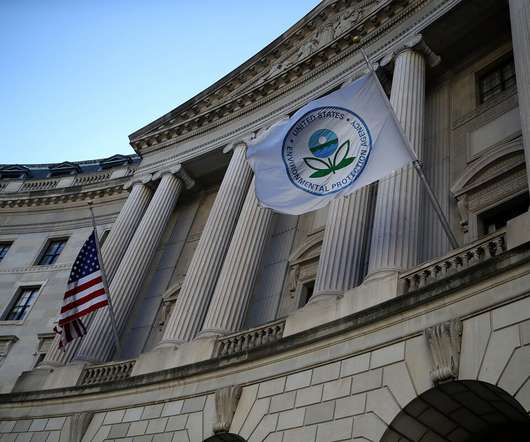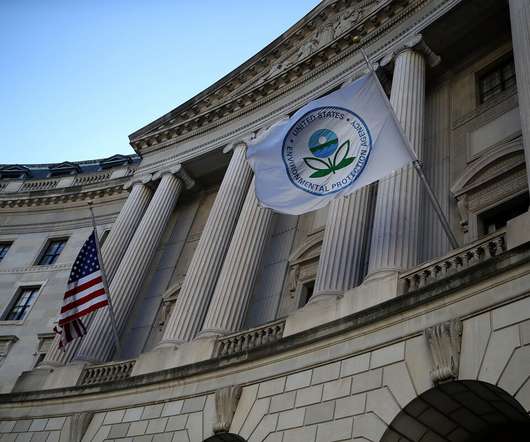CARB scrap-and-replace incentive program Clean Cars 4 All reaches 10,000th participant milestone
Green Car Congress
FEBRUARY 26, 2021
The transportation sector is by far the state’s largest source of air pollution and climate-changing gases. Clean Cars 4 All is one of several vehicle-purchase incentive program helping Californians make the switch to clean vehicles. The average vehicle retired is about 22 years old with an estimated fuel economy of 21.5





















Let's personalize your content